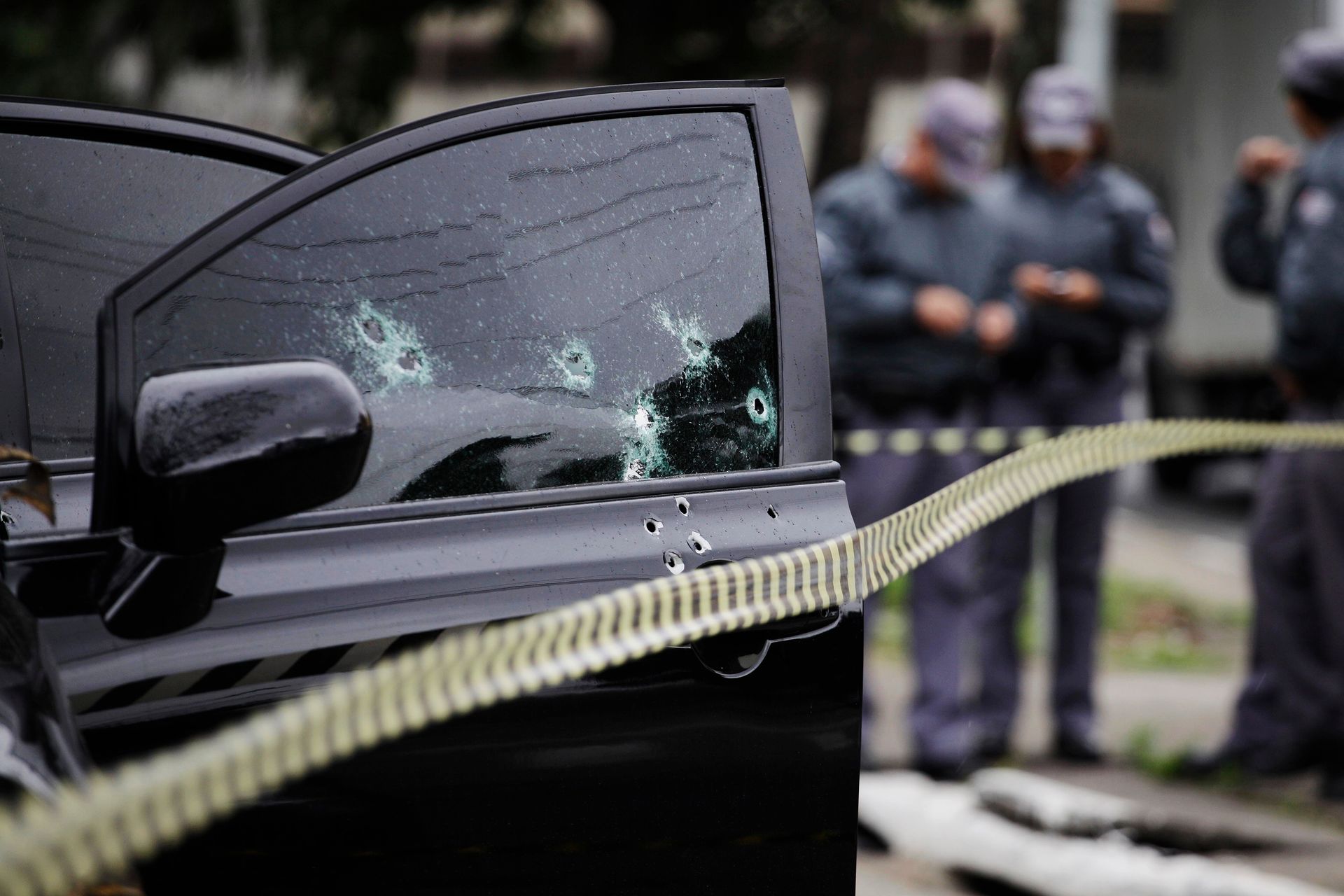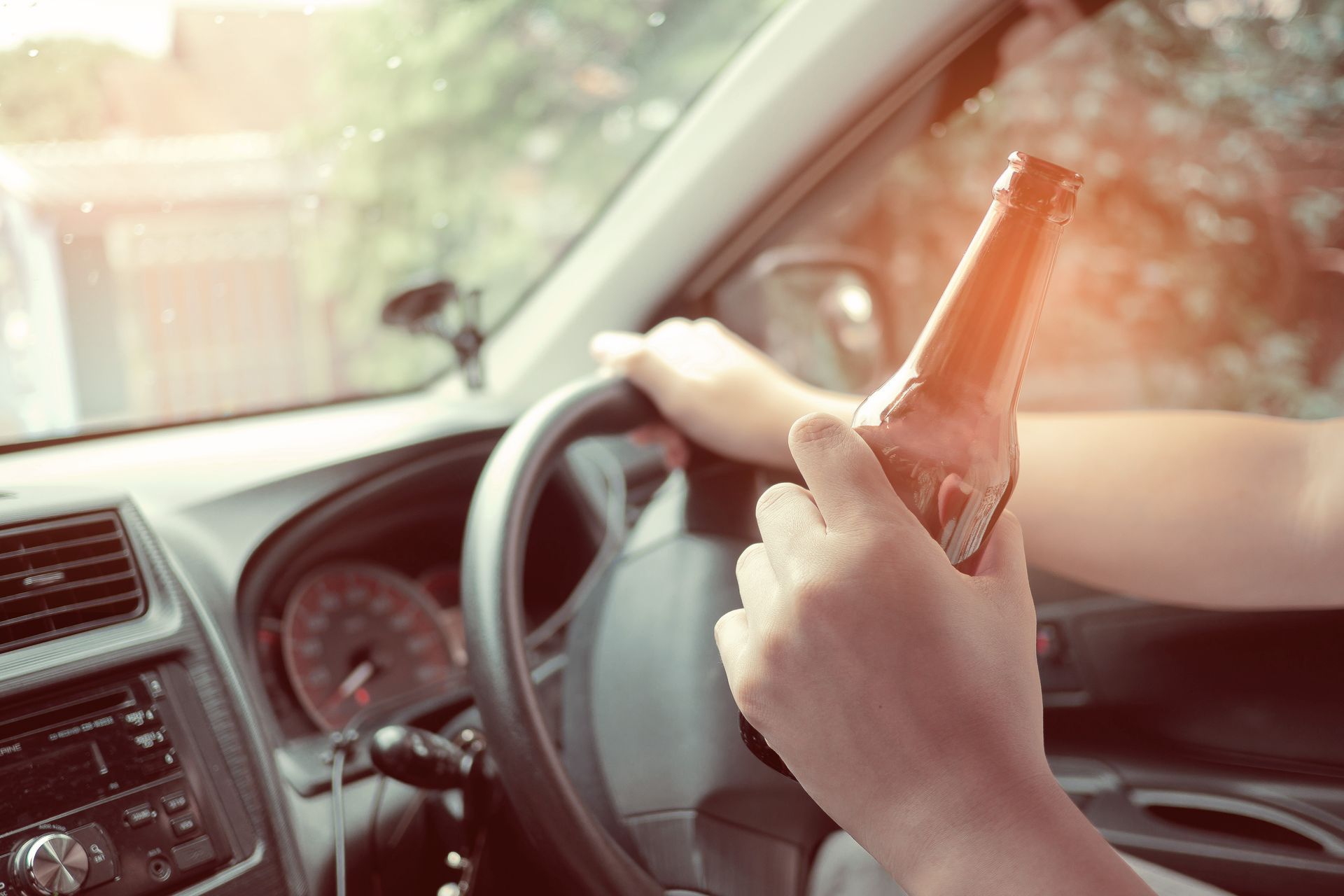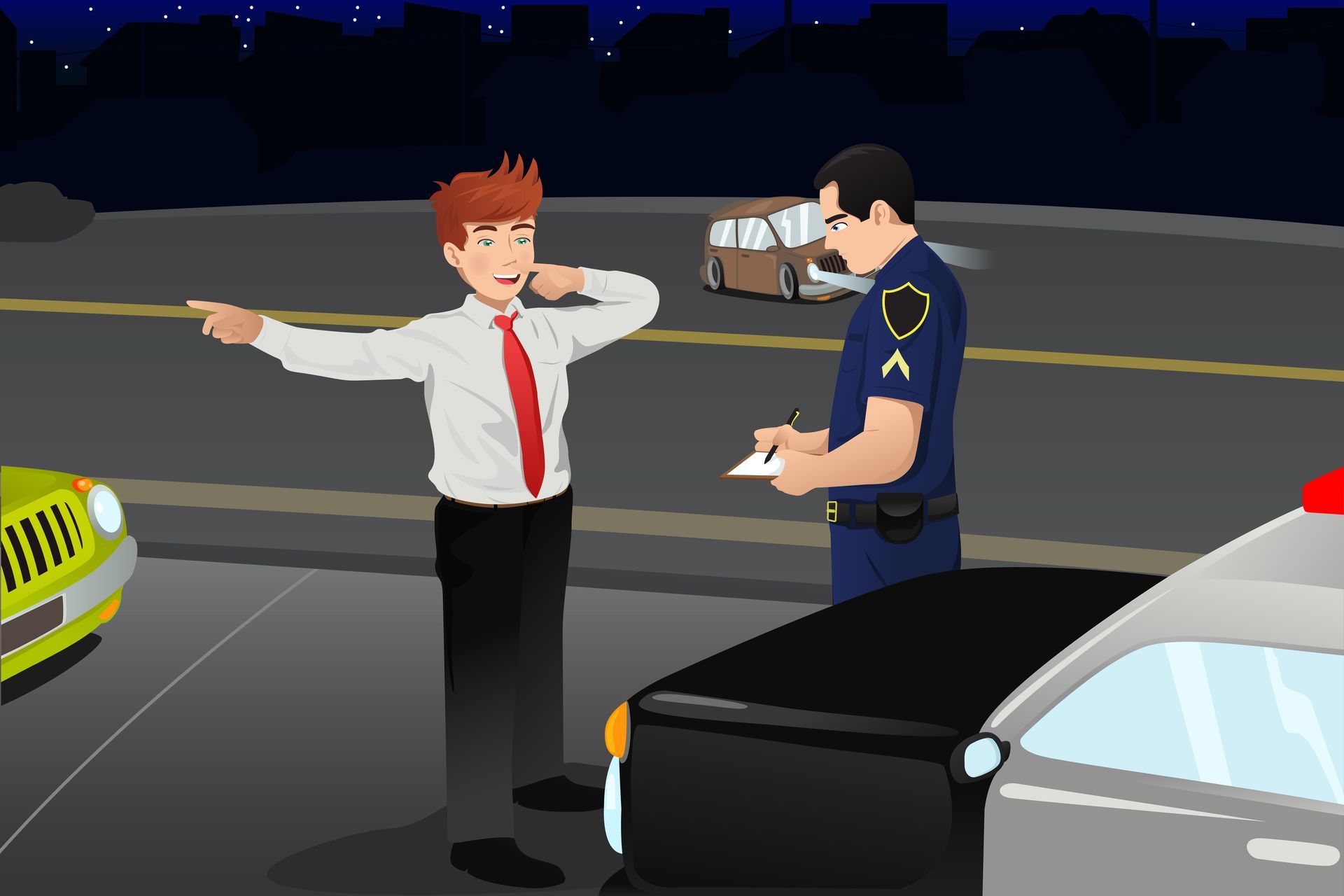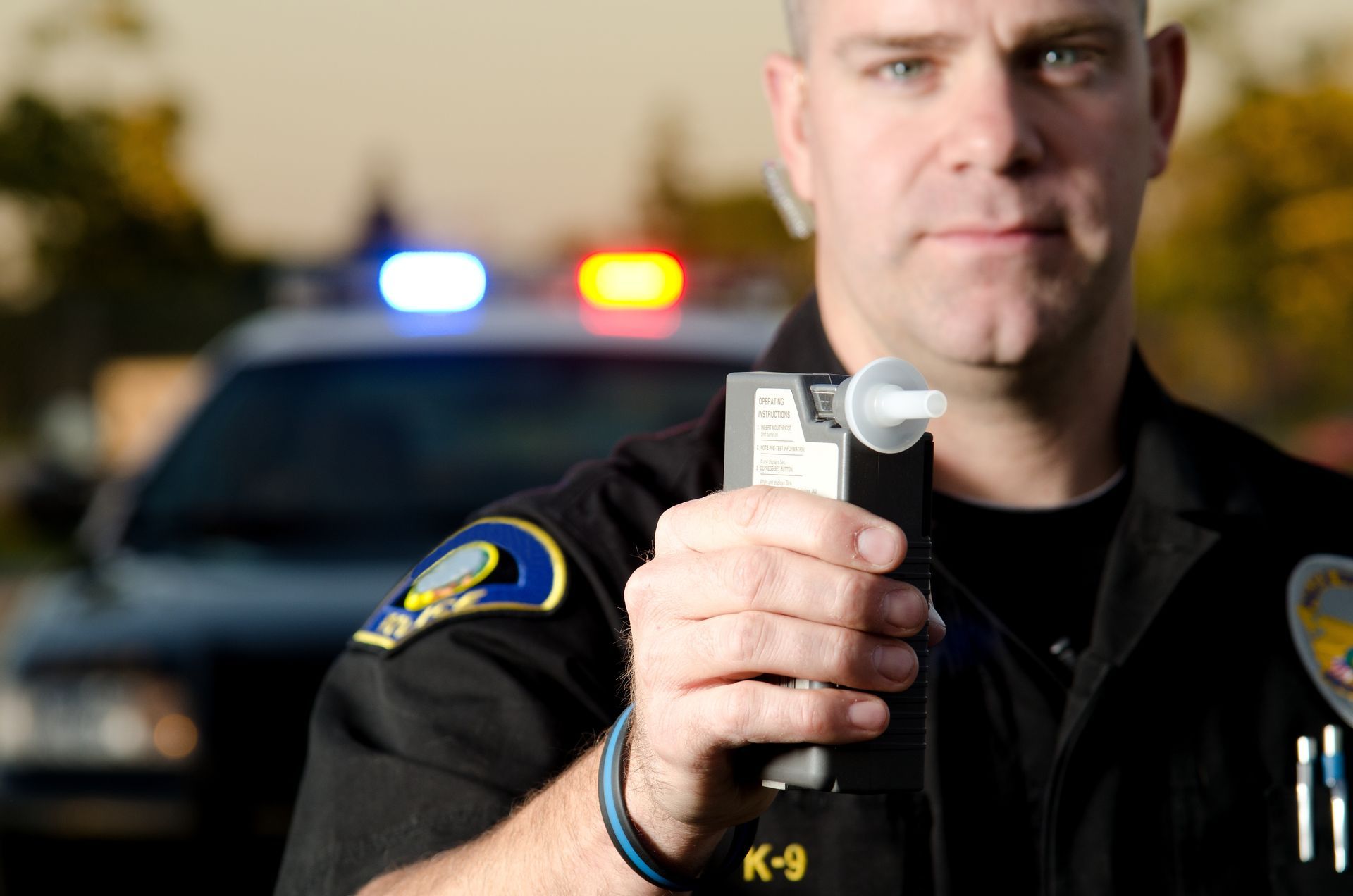What Does Arizona’s Dangerous Offense Designation Mean for My Case?

Being charged with a felony is serious on its own. But in Arizona, if your offense is labeled as “dangerous,” the stakes increase dramatically. This designation leads to mandatory prison time, eliminates probation eligibility, and significantly limits your options for negotiating a plea or avoiding harsh sentencing.
Under Arizona law, an offense is considered “dangerous” when it involves either the use or threatened use of a deadly weapon or dangerous instrument, or the intentional or knowing infliction of serious physical injury.
The “dangerous offense” designation isn’t a separate charge or felony class. It’s a sentencing enhancement defined under ARS 13-105(13) that can be applied to existing felony charges. Even if the underlying offense could otherwise be resolved with probation or a reduced sentence, the dangerous designation can put those outcomes out of reach.
Why the Dangerous Offense Designation Changes Everything for Defendants
The biggest impact of a dangerous offense classification is sentencing. Arizona law imposes mandatory prison time for any felony designated as dangerous. That means the judge cannot offer probation, even if you have no prior convictions.
For first-time offenders, the sentencing range under a dangerous offense is often comparable to what repeat felons would face for non-dangerous charges. The court may also apply the designation to each count individually, leading to stacked prison terms if you’re convicted on multiple charges.
A criminal defense attorney can sometimes negotiate a plea to a non-dangerous offense depending on the circumstances.
For example, a defendant might be charged with aggravated assault with a deadly weapon after allegedly threatening someone with a pocketknife during an argument.
No one was injured, and the knife was never opened or used. The defense may be able to negotiate a plea to simple aggravated assault without the dangerous designation, which makes the defendant eligible for probation and avoids the mandatory prison term.
In many dangerous offense cases, the extent of the alleged victim’s injuries can significantly affect your attorney’s ability to negotiate. If no one was hurt, or if the injuries were minor and didn’t require medical attention, the prosecution may be more willing to drop the “dangerous” designation in exchange for a plea.
Prosecutors also consider factors like whether the weapon was actually used, how the incident began, and whether there’s room for interpretation in the witness statements.
Charges Where the “Dangerous” Label Is Common
- Aggravated assault involving a weapon or resulting in serious injury
- Armed robbery
- Drive-by shootings or discharging a firearm
- Burglary with a weapon in your possession
- Endangerment or threatening charges involving firearms or vehicles
- Domestic violence cases involving weapons or visible injury
Even if you never fired a weapon or intended to hurt anyone, the mere presence of a gun or dangerous instrument can trigger the classification.
How to Fight a Dangerous Offense Allegation
The dangerous designation doesn’t apply automatically, even when certain criteria are met. The state ultimately decides whether to apply the enhancement based on the circumstances of the alleged crime. When they do classify a crime as dangerous, a defense attorney can challenge the enhancement by leveraging witness statements, evidence, and legal strategies.
- Argue lack of intent or knowledge – Many dangerous designations rely on showing that you intended to cause harm or knew you were using a dangerous item. Disputing this can undercut the enhancement.
- Challenge the weapon’s classification – Some items may not legally qualify as “dangerous instruments” under Arizona law, depending on how they were used.
- Undermine the seriousness of the injury – If prosecutors can’t prove the injury meets the legal standard for “serious physical injury,” the designation may not hold.
- Negotiate a plea to a non-dangerous offense – In many cases, the best outcome is a plea to a lesser charge that doesn’t include the dangerous label, allowing for probation eligibility.
In some situations, the court may allow for a bifurcated trial, where a jury first decides whether you’re guilty of the offense, and only then considers whether it qualifies as dangerous. This separation can help prevent prejudice and protect your rights during trial.
Have You Been Accused of Committing a Dangerous Offense in Phoenix?
If you’ve been charged with a dangerous offense in Arizona, you're likely facing mandatory prison time, even if it’s your first felony. However, that outcome isn’t guaranteed. A skilled defense lawyer may be able to challenge the designation, reduce the charge, or weaken the case against you.
Call Michael Alarid III at (602) 818-3110 for a free case evaluation. As an Arizona Board-Certified Criminal Law Specialist, he has the experience to fight dangerous offense allegations and protect your future.



